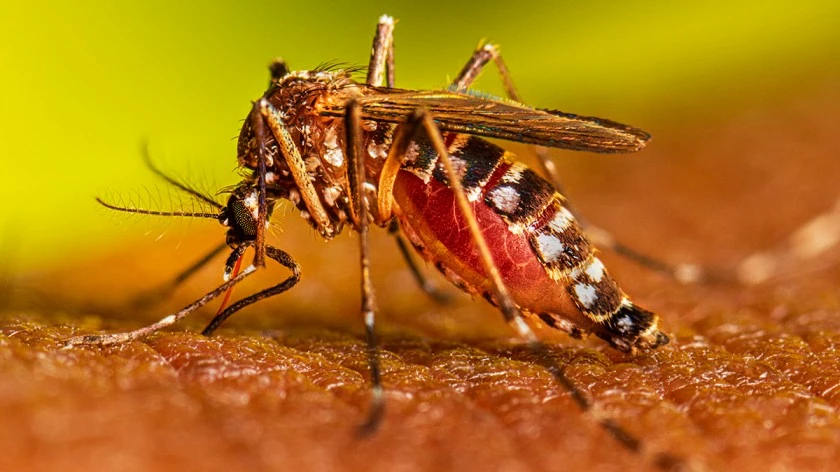
Dengue Fever
Introduction: Dengue fever is a viral disease transmitted through the bite of infected mosquitoes. It affects millions of people worldwide, especially in tropical and subtropical regions. In this blog post, we will explore the symptoms, prevention measures, and available treatments for dengue fever, aiming to increase awareness and help readers protect themselves and their communities.
- What is Dengue Fever? Dengue fever is caused by the dengue virus, which belongs to the Flavivirus family. It is primarily transmitted by the Aedes mosquito species, particularly Aedes aegypti. The virus has four distinct serotypes, and infection with one serotype provides lifelong immunity against that specific serotype but not the others.
- Symptoms of Dengue: The symptoms of dengue fever can vary from mild to severe, and they typically appear 4 to 7 days after the mosquito bite. Common symptoms include high fever, severe headache, joint and muscle pain, rash, fatigue, and mild bleeding (such as nosebleeds or bleeding gums). In severe cases, dengue can lead to dengue hemorrhagic fever (DHF) or dengue shock syndrome (DSS), which can be life-threatening.
- Prevention Measures: Preventing dengue primarily involves controlling mosquito populations and avoiding mosquito bites. Here are some effective prevention measures:
a. Eliminate breeding grounds: Mosquitoes breed in stagnant water, so ensure there is no standing water around your home or workplace. Regularly empty, clean, or cover containers that can hold water, such as flowerpots, buckets, and tires.
b. Use mosquito repellents: Apply mosquito repellents containing DEET, picaridin, or oil of lemon eucalyptus on exposed skin. Use bed nets treated with insecticide to protect yourself during sleep.
c. Wear protective clothing: Wear long sleeves, long pants, and socks to reduce exposed skin. Light-colored clothing may also help deter mosquitoes.
d. Mosquito-proof your surroundings: Install window and door screens, use mosquito coils or electric repellent devices, and sleep in air-conditioned or screened rooms.
- Treatment Options: Currently, there is no specific antiviral treatment for dengue fever. Treatment mainly focuses on relieving symptoms and providing supportive care. It is crucial to stay hydrated by drinking plenty of fluids and getting adequate rest. In severe cases, hospitalization may be required to monitor vital signs, maintain fluid balance, and administer appropriate medical interventions.
- The Role of Community: Preventing dengue requires collective efforts from individuals, communities, and governments. Communities can organize clean-up drives to remove potential mosquito breeding sites, raise awareness about dengue prevention, and collaborate with local health authorities to implement effective vector control measures.
Conclusion: Dengue fever is a significant public health concern in many parts of the world. By understanding the symptoms, taking preventive measures, and promoting community involvement, we can minimize the risk of dengue transmission. Stay informed, protect yourself, and contribute to creating a dengue-free environment. Together, we can make a difference in combating this disease.
